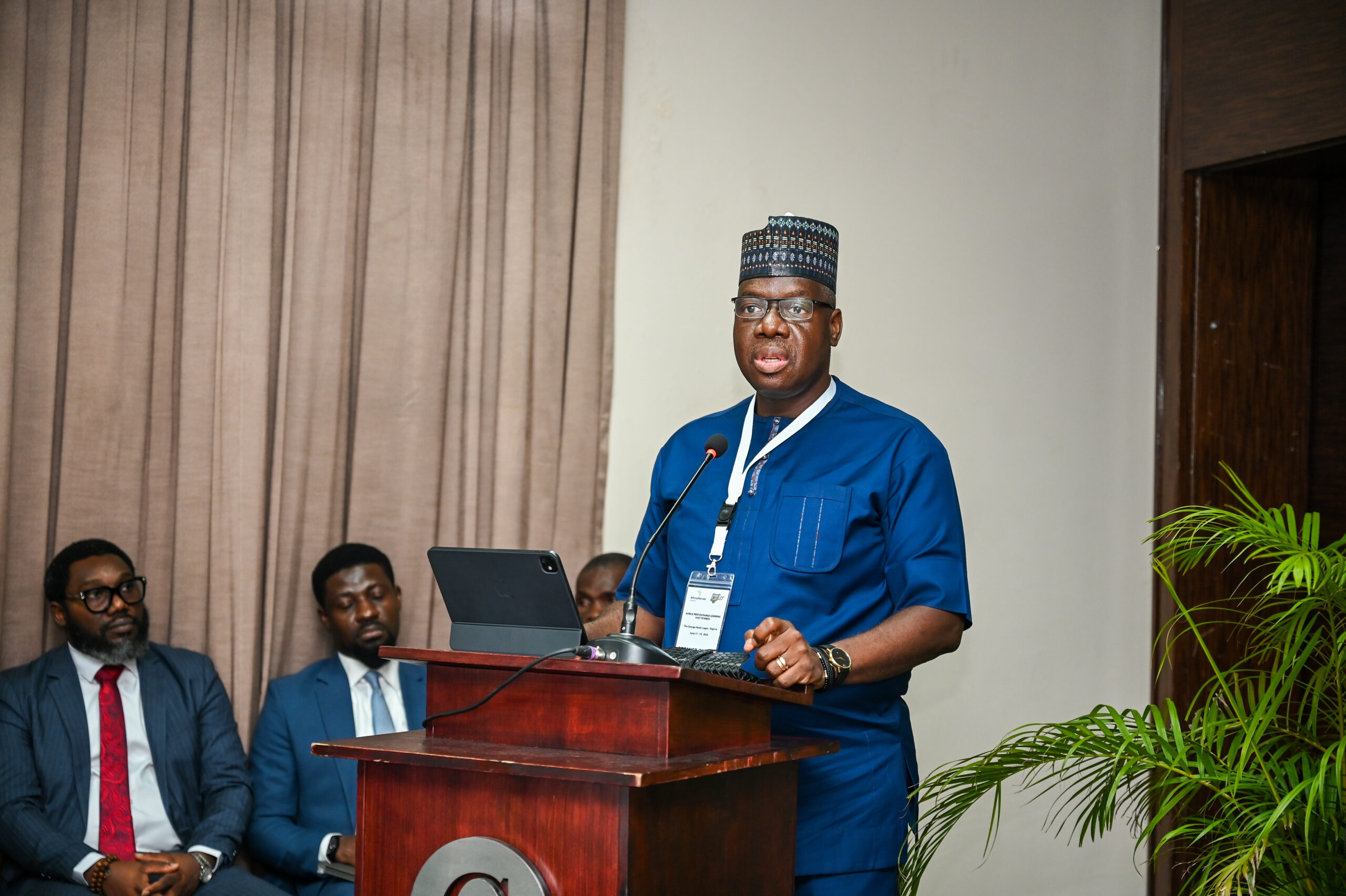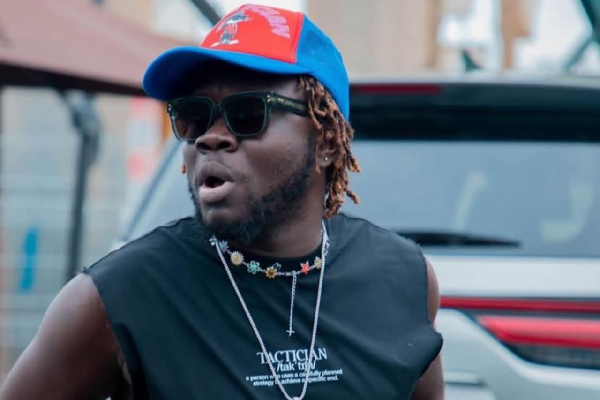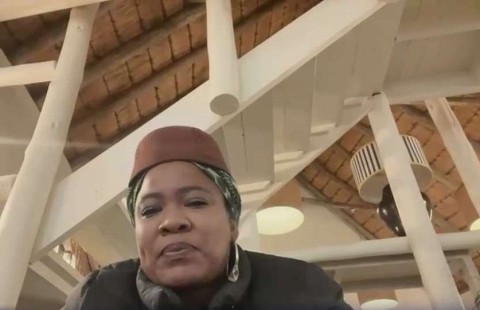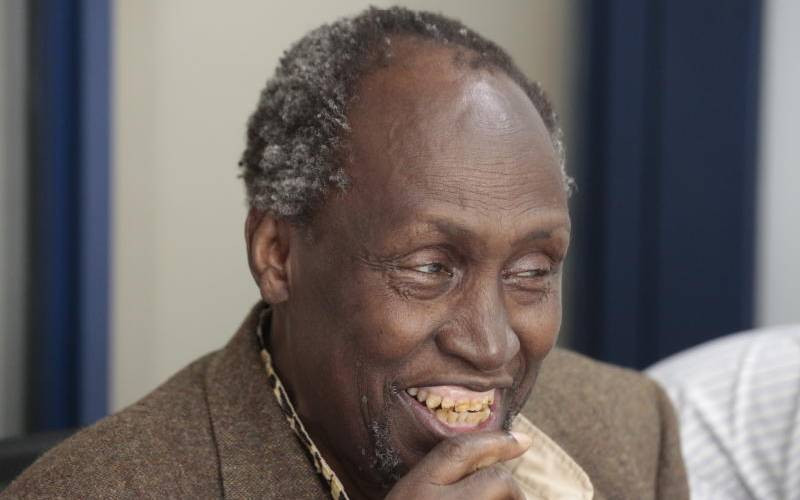CBAAC, NMoFA collaborate to promote black, African heritage
As part of efforts to preserve, promote, and propagate Black and African heritage, the Centre for Black and African Arts and Civilisation (CBAAC) recently collaborated with the Nigerian Ministry of Foreign Affairs to hold a symposium themed: “Cultural Diplomacy and African Unity: Promoting Pan-African Intercultural Dialogue.”
The event brought together diplomats, thought leaders, policymakers, culture practitioners, students and young influencers, who interrogated the role culture in promotion of regional peace and development.
In her remarks, Minister of Arts, Culture, Tourism and Creative Economy, Hannatu Musa Musawa, spotlighted the importance of cultural diplomacy in today’s world, stating: “Today, I had the honour of joining thought leaders and cultural ambassadors at the yearly dialogue of the Centre for Black and African Arts and Civilisation (CBAAC), in a time when Africa’s voice is rising stronger than ever, cultural diplomacy is not just a soft power strategy, it is a bridge: A bridge between nations, generations, and across the diaspora.
“It is a form of diplomacy that places emphasis on cultural understanding as a basis for dialogue and trust. As we may have known, intercultural dialogue as an integral component of cultural diplomacy is a course of actions that utilises the exchange of ideas, values, traditions and other aspects of culture and identity to strengthen relationships, enhance socio-cultural cooperation and promote national, regional or continental interest.
Musawa continued, “as the world engages in fierce socio-political and economic competition, Africans and peoples of African descents must close ranks and continue to deepen interactions, synergise and fine-tune strategies in order to compete favourably in a world already skewed against them. Africa must, therefore, work harmoniously together in order to take their rightful place in global affairs.
“It is the compelling need to foster cross cultural understanding and strengthening bonds among Africans and the global Black community by providing a platform in which issues relating to African integration, unity and development among others can be discussed that have necessitated CBAAC and the ministry of foreign affairs to organise this event.”
The Minister expressed no doubt whatsoever that the gathering would come up with innovative ideas and strategies for leveraging culture in our diplomatic efforts and to also reignite Pan-African ideals through culture; recognising that Africa and African Diaspora unity depends not just on political and economic factors but also on culture.
The Director-General of CBAAC, Aisha Adamu Augie, in her speech, said the gathering was also for the purpose of brainstorming and generating ideas that will advance Africa’s unity and progress through intercultural dialogue, and not just to listen.
According to Augie, “culture has gained recognition as a means of improving international relations, peace, community and friendship. We get to understand ourselves through connecting culturally first.”
Augie explained that the beauty of cultural diplomacy is, what you learn about other countries before even stepping foot there, as culture cuts across boundaries, as seen in the news, social media, and how people pick idioms and other items that connect to other countries and other cultures without having to meet those people.”
According to Augie, “The necessity to foster cross cultural relationship is something we cannot deny, it continues to improve our relations, connect to each other and through understanding, we have peace, solidarity, trade, cooperation, growth and Africans must unite for our growth, we must come together as a continent.”
She continued, “e may be connected by boarders but there are no boarders between us in Africa. We have the global black who are yearning to come back to Africa. They call it the Mother Soil, we get to see videos of Africans that come back to Africa and the first thing they do when they land is to go down on their knees and kiss the floor.”
Augie conclude that the role of cultural diplomacy cannot be over emphasise as it has the ability to highlight the significant role culture can play strengthening and thickening ties among Africans and the rest of the world.
Former Director General of CBAAC Prof. Tunde Babawale reminded the audience why FESTAC ’77 was inaugurated, with the objective of promoting African culture and civilisation, how a galaxy of 69 Black African countries and communities came together to showcase African arts and heritage and also to promote international understanding about African culture, history and philosophy.
The event then, according to Babawale, enabled African countries and those in the diaspora to come together, promote the continent and also encourage cooperation and international relationship among these nations of the black world and the African world.
Babawale said: “It was a good beginning for what CBAAC is trying to do, that is, to promote African unity through the instrumentality of our culture.”
He however advised that to do this effectively, “we need to improve the funding to the organisation, and the government needs to assist to make sure that CBAAC becomes the baby of African unity. Government should also move close to other African countries to ensure that CBAAC becomes the pan African cutural institution that will make it a baby of the entire African continent.”
Tunisian Ambassador to Nigeria, Mohsen Antit, emphasised that “we can promote culture, artistic, literally and educational exchanges to foster mutual understanding. Second is the language learning and education, last but not the least is digital platforms. Utilising these tools can showcase African culture heritage and facilitate into cultural dialogue.”












